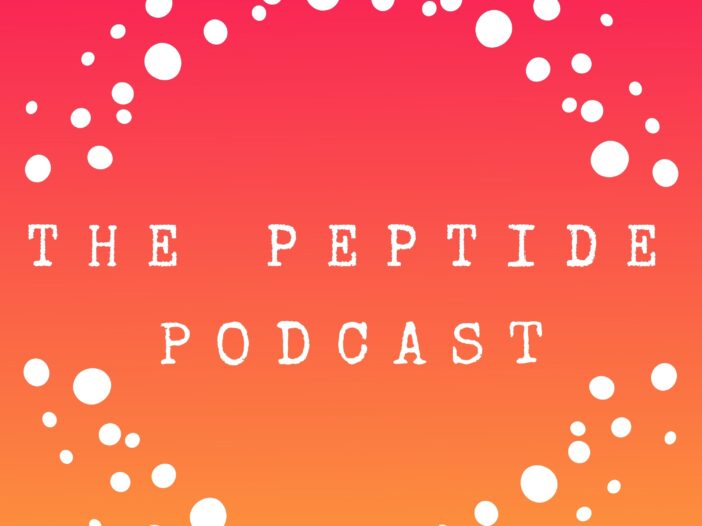
In a recent study published in JAMA Ophthalmology, researchers explored a possible link between the medication semaglutide and a rare type of eye stroke called non-arteritic anterior ischemic optic neuropathy (NAION). In this podcast, we’ll explain what this means and why it’s important.
What is NAION?
NAION is a condition that affects the optic nerve, leading to sudden vision loss in one eye. It’s considered a rare eye stroke and is not related to artery disease.
What is Semaglutide?
Semaglutide is a medication used to help manage blood sugar levels in people with type 2 diabetes and is also prescribed for weight loss. It works by increasing insulin secretion in response to meals, which helps regulate blood sugar levels. Semaglutide also helps reduce appetite and increase feelings of satiety, leading to lower calorie intake. It slows the emptying of the stomach, prolonging the feeling of fullness after eating.
The Study’s Findings
The researchers discovered a link between semaglutide and NAION. However, it’s important to note that this is just a link. It doesn’t prove that semaglutide causes NAION. Showing a connection is only the first step, and proving causation is much more challenging.
Possible Explanations
- Rapid Changes in the Body: When someone starts taking semaglutide, their body undergoes quick cardiovascular and metabolic changes. These changes could trigger NAION, rather than the medication itself being the direct cause.
- Common Risk Factors: People who take semaglutide often have conditions like high blood pressure, obstructive sleep apnea, or diabetes. These conditions already put them at higher risk for NAION. Semaglutide might just be a common factor among these patients, rather than the cause of their eye issues.
Study Limitations
The authors note that since their institution specializes in eye conditions, they are more likely to encounter higher numbers of NAION cases. This may limit the generalizability of their findings to other settings.
Additionally, the study’s records indicate only whether a medication was dispensed to a patient, not whether it was actually taken as prescribed. This distinction is important for accurately assessing the medication’s impact.
Furthermore, due to NAION’s rarity, the analysis included only a small number of cases, which can complicate the interpretation of statistical results.
What Does This All Mean?
Scientists need to conduct further studies to determine if semaglutide directly causes NAION or if other factors are at play. And they should be conducted in a larger and more diverse population.
Expert Picks:
If you’d like to listen about the benefits of semaglutide, check out the following podcasts:
- Long-Term Health Benefits of Semaglutide for Weight Loss
- How GLP-1 Agonists Like Semaglutide Fight Inflammation
- The Use of GLP-1 Agonists in Post-Heart Attack Care
Thanks again for listening to The Peptide Podcast. We love having you as part of our community. If you love this podcast, please share it with your friends and family on social media, and have a happy, healthy week!
We’re huge advocates of elevating your health game with nutrition, supplements, and vitamins. Whether it’s a daily boost or targeted support, we trust and use Momentous products to supercharge our wellness journey.
Momentous only uses the highest-quality ingredients, and every single product is rigorously tested by independent third parties to ensure their products deliver on their promise to bring you the best supplements on the market.
Leave a Reply